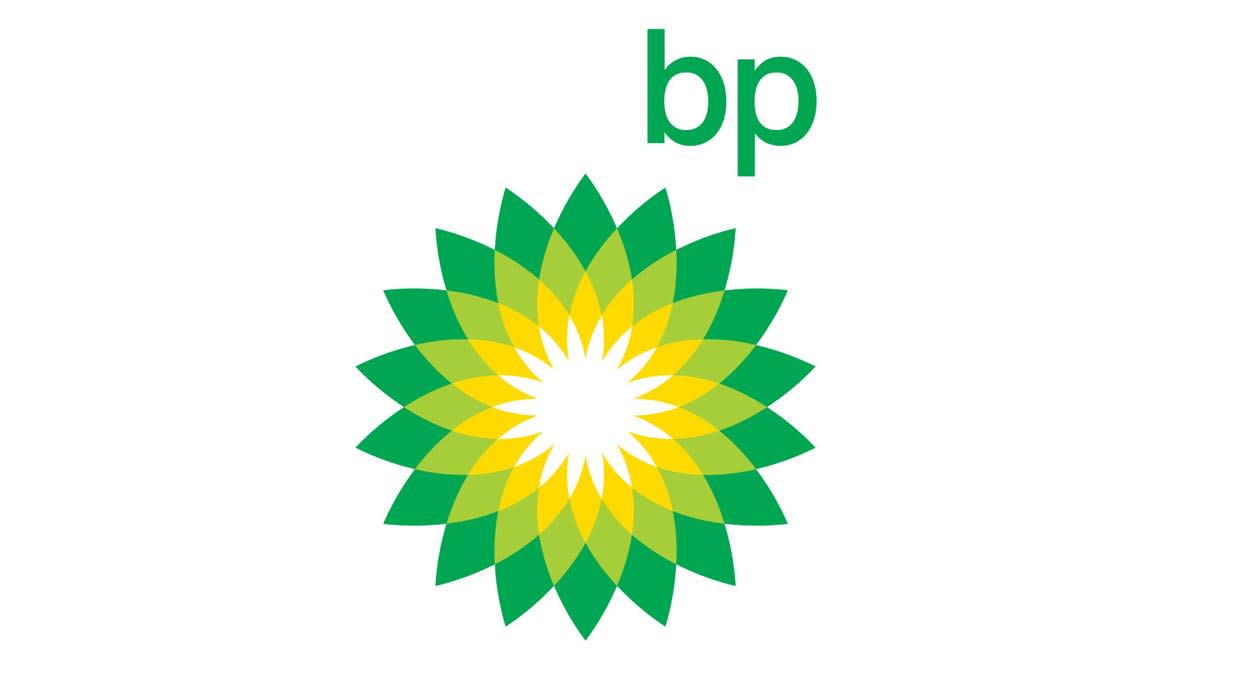BP’s fourth quarter results came in largely as expected. Total revenue and income fell from $52.5bn to $45.7bn. Underlying net profit (replacement cost) fell from 61% to $1.2bn. Seasonal weakness, lower refining margins, and an increase in the underlying tax rate from 39% to 49% all weighed on profitability.
Free cash flow fell at a slower pace of 22% to $3.7bn, reflecting lower capital expenditure. Net debt fell to $23.0bn from $24.3bn at the end of previous quarter.
This year BP expects oil production to be broadly flat and production from gas & low carbon energy to be lower. Refining margins are expected to be broadly flat, and some growth is anticipated in the customers business helped by recent acquisitions.
The quarterly dividend rose from 7.27c per share to 8.00c, alongside a new buyback of $1.75bn. Guidance for capex and buybacks this year will be reviewed at the capital markets day planned for 26 February.
The shares were flat in early trading.
Our view
BP’s profitability worsened further in the final quarter of 2024, and there’s not too much to get excited about from the 2025 outlook either. The company is going to have to fight hard to convince investors it can improve performance over the longer-term. Pressure is building for a strategic shake-up although BP has given few clues about the new direction it’s planning to announce at its capital markets day.
Over recent years BP’s not made much of a dent in its net debt pile of around $23bn, choosing to prioritise shareholder distributions and capital expenditure. That’s been supported by very strong cash flows. But dwindling profits mean it may have to pull back on one, or both, of these.
We’re keen to hear how the company intends to drive shareholder value in a world where the net-zero narrative continues to cause considerable debate. For now, oil production remains BP’s core profit driver and it’s still set to be part of the energy mix for some time to come. So far, the company’s ambitious efforts to move towards renewables have been met with limited success. There are some clear synergies in embracing the rise of electric vehicles, given the company’s existing network of service stations.
But in areas like offshore wind, BP’s now taking a less direct approach by moving the assets into a joint venture thereby sharing the investment burden. We wouldn’t be surprised to see similar moves in the solar and biofuels space, or even a full disposal.
We’re not against further green initiatives, but it’s important that any projects can clear strict financial hurdles. Plus, with activist investor Elliot building a stake it raises the prospect of a sharper focus on the core oil & gas business, which could help put BP on a firmer financial footing.
But, investors need to take a view on the business as it stands and there are some headwinds. Refining margins are expected to remain low this year and production is set to fall. Meanwhile oil prices over which BP has no control are lower than they were at the beginning of last year.
All in, BP’s valuation has strengthened on the hopes it gets back to basics, with its earnings multiple now ahead of some more financially robust peers. We think that's the right move, but there's added pressure, firstly to deliver firstly to deliver a focussed and viable strategy, and secondly to execute it - which is arguably a greater challenge.
Environmental, social and governance (ESG) risk
Environmental concerns are the primary driver of ESG risk for oil and gas producers, with carbon emissions and waste disposal being the main issues. Health and safety, community relations and ethical governance are also contributors to ESG risk.
According to data from Sustainalytics, BP's overall management of material ESG issues is strong.
It appears to have strong oversight over its key ESG issue. Notably, the company aims to reach net zero emissions across its entire operations (scopes 1 and 2) and upstream operations (scope 3) on an absolute basis by 2050. But nearer-term reduction targets for scope 3 emissions have recently been lowered. How this fits with a refreshed strategy remains to be seen. Controversies relating to environmental breaches continue to have a moderate impact on BP's overall performance.
BP key facts
All ratios are sourced from Refinitiv, based on previous day’s closing values. Please remember yields are variable and not a reliable indicator of future income. Keep in mind key figures shouldn’t be looked at on their own – it’s important to understand the big picture.
This article is not advice or a recommendation to buy, sell or hold any investment.No view is given on the present or future value or price of any investment, and investors should form their own view on any proposed investment.This article has not been prepared in accordance with legal requirements designed to promote the independence of investment research and is considered a marketing communication.Non - independent research is not subject to FCA rules prohibiting dealing ahead of research, however HL has put controls in place(including dealing restrictions, physical and information barriers) to manage potential conflicts of interest presented by such dealing.Please see our full non - independent research disclosure for more information.


